In the scenic Nyasoko village in Suna West, Migori County, nestled within the vibrant Luo community in Kenya, lies a tale of strength, courage, and transformation.
A group of widows have defied tradition and societal norms of wife inheritance to create a brighter future for their community.
Unveiling the shadows, Mary (not her real name) a young widow, found herself at the crossroads of tradition and personal freedom.
However, she longed for a different path, one that would empower her and safeguard her health.
Standing amidst a gathering of widows, her mind wandered back to the years of anguish and hardship she had endured.
The tale of her life, intertwined with cultural traditions and the devastating reality of HIV infection.
“I was young and naive at the time of my husband’s passing.”
Mary
Caught in old customs
When Mary’s husband died, she found herself entangled in the customary practice of her Luo community, where widows were compelled to marry their deceased husband’s brother.
With a bit of sadness, she recounted, “I was young and naive at the time of my husband’s passing.”
“Left with a baby girl as my only child, his family feared that their son would be forgotten without a male heir.”
Caught in circumstances beyond her control, Mary complied.
However, as months passed, she noticed alarming changes in her health.
Recalling those unsettling times, she revealed, “Months after moving in with my brother-in-law, I started experiencing peculiar symptoms.”
Gradually, Mary’s health deteriorated rapidly, leaving her drained of energy and losing weight at an alarming rate.
Seeking medical treatment, she received the devastating news that she had contracted HIV.
Mary was aware that she had contracted the virus from her brother-in-law, but she had no recourse.
It was too late.
Wife inheritance
Wife inheritance, deeply ingrained in the Luo community of Kenya, emerged as a cultural practice to safeguard mostly the family lineage.
It is customary for a widow to be inherited by her deceased husband’s brother or male relative as a sole means of protecting the deceased son’s family.
Additionally, wife inheritance is also believed to offer social and economic security to widows and their children.
According to the Luo culture, upon a woman becoming a widow, she is seen as vulnerable with no sole provider to take care of her.
The male relative step in and save the situation by playing the husband’s role.
Moreover, lineage and inheritance held immense significance in Luo culture, as wife inheritance guaranteed the continuation of the family name and the acquisition of property, land, and other assets.
This happens regardless of the financial status of the widow.
The norm gives no excuse for fully empowered or stable women.
However, the most hit by the practice are the widows who are left with no source of income or reliable source of livelihood.
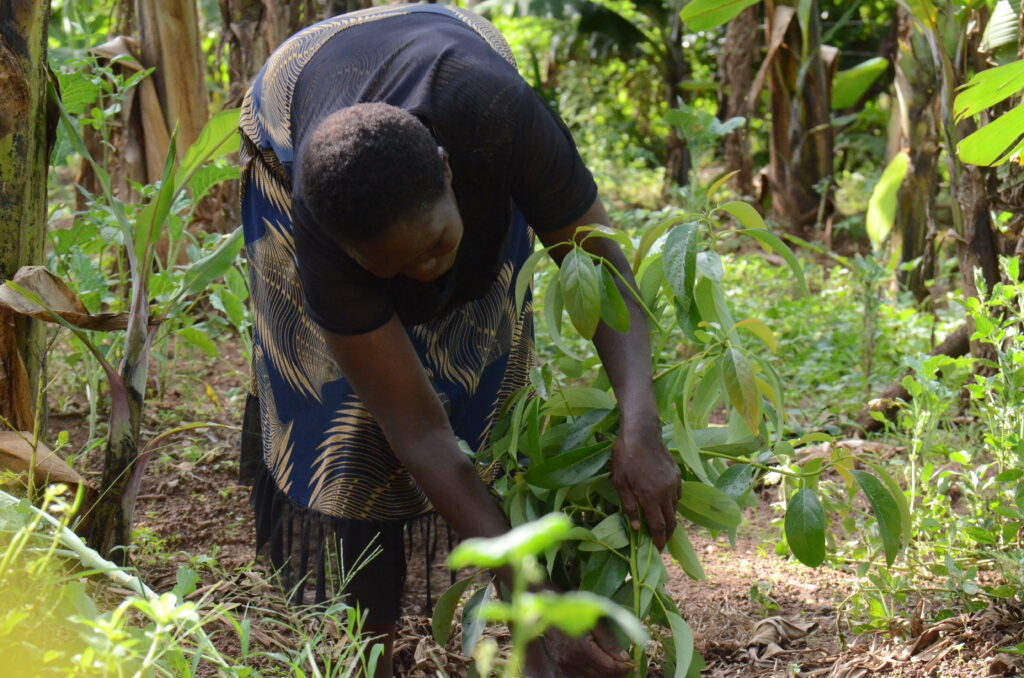
Health status negligence
While some argued that wife inheritance offered social and economic support to widows, critics pointed out its contribution to the spread of HIV/AIDS.
The devastating consequences weighed heavily on widows, especially due to the lack of safe sex practices such as condom use within the practice.
Many men inheriting wives refused to use condoms due to deep-seated cultural beliefs, leading to an increased risk of HIV transmission during sexual activity.
A study conducted in the Nyanza Region, by Dr Carol Camlin from the University of California in collaboration with the Kenya Medical Research Institute (KEMRI) shed light on HIV prevalence and wife inheritance.
Published in the journal “AIDS Care” in 2010, the study revealed a higher HIV prevalence among inherited women compared to those who were not inherited.
Furthermore, it found that inherited women were less likely to use condoms and more likely to have multiple sexual partners.
HIV prevalence rate
Similarly, preliminary findings of the Kenya Population-based HIV Impact Assessment (KENPHIA) 2018 survey indicated that Kenya’s HIV prevalence stands at 4.9%.
Nyanza region was ranked high with the prevalence rate, standing at 89%, which is nearly 2.5 times higher than the national prevalence.
According to the research, factors such as wife inheritance were among the key contributors to the high HIV prevalence rates in the region.
The practice involved a widow marrying a male relative who might have had prior sexual relationships with other women.
If the male relative was HIV positive, he could transmit the virus to the widow and even to the deceased husband’s children, increasing the risk of HIV transmission within the extended family structure.
Breaking the chains
Driven by her own painful experiences, Mary decided to break free from the toxic arrangement and forge a new path for herself.
However, she couldn’t turn a blind eye to the plight of other widows trapped in the cycle of wife inheritance.
In her village, other young women were inherited and she knew they were also facing similar problems.
“I knew then that I had to do something, but first I had to quit that toxic arrangement,” recounts Mary.
“At the same time, I could not let other women go through what I had been through.”
Mary stressed that she wanted to emphasize the importance of financial independence for widows.
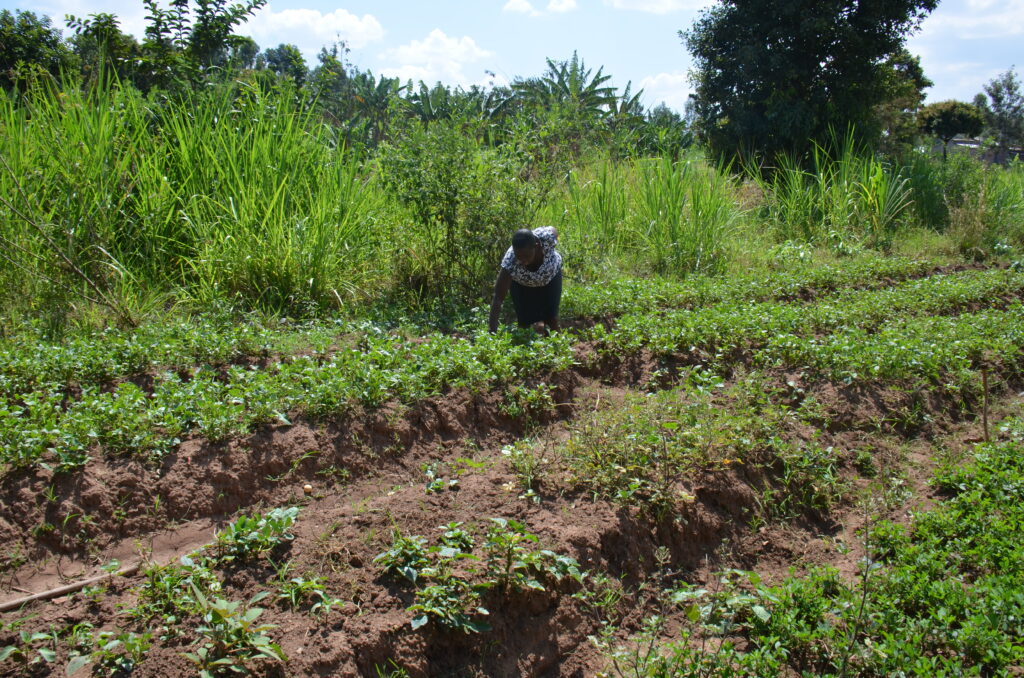
When she began her journey as an independent widow and tried to recruit other widows to join her, she was met with rejection.
Most widows would rubbish her off, while others would not hear anything of it for fear of the unknown repercussions that will follow.
But slowly others listened and shared their problem. It is when they decided to form Nyasoko self-help women’s group.
Nyasoko Self-Help Women group
Nyasoko self-help women group started with five consistent women, as some could skip meetings for fear of being thrown out of their homes and lands by displeased relatives.
“At first, it was just five of us,” Mary said.
“But we were determined to make a difference. We started meeting regularly, sharing our stories and our struggles.”
Three years down the line, the group has 36 active registered members.
The group is keen to break the pattern of HIV transmission by offering women a platform to open up about HIV and create more awareness about the disease as well as provide widows with financial empowerment.
Members discuss openly about their own experiences with the disease as some were widowed as a result of HIV.
They are also encouraged to attend HIV awareness sessions and spread the message of testing and treatment to women in the community.
“Not all of us are HIV positive but after sharing the ordeals, we decided to be open and learn from one another without fear of discrimination,” states Miriam a member of the group, and also a counsellor by profession.
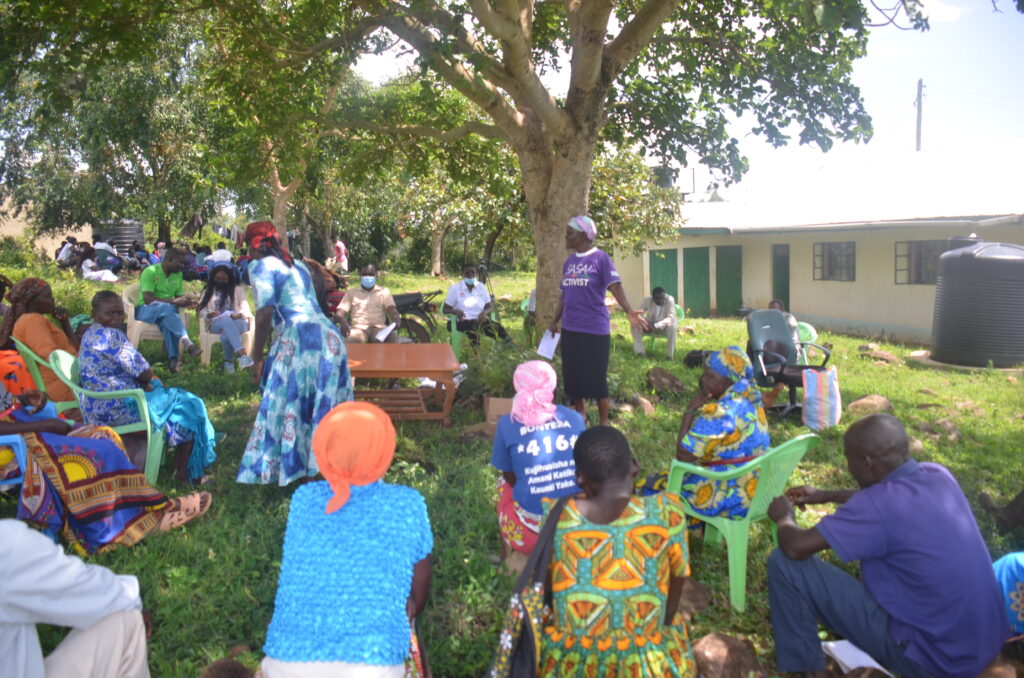
Although some face stigma and discrimination from some community members, they remain committed to breaking down these barriers and promoting awareness and understanding
“There is still so much stigma and misinformation surrounding HIV in our community. But we are doing our part to change that,” says Marriam.
“We are educating ourselves and our neighbours, getting tested regularly, and standing up for our right to live healthy, fulfilling lives.”
Mobilizing resources
To empower the widows financially, the group members started pooling their resources together and engaging in small-scale farming.
Although not all have farms, the few who have land share with other members. About 12 of them are in such an arrangement.
They mainly grow kales and other indigenous vegetables which they sell to the local community. Others also grow maize and bananas.
“Farming has always been a way of life for us here in Migori County. But now, we are using it to empower ourselves and our fellow women,” says Christine (not her real name), another member of the group.
Daring threats
The story of Mary and the women’s group which was widely spread in the entire village inspired Celine (not her real name) to stand firm against wife inheritance.
Her husband who was a teacher died after six years of marriage, leaving her with two young boys.
Despite Celine not being in dire need of family support from her in-laws, they insisted that she had to be inherited for the sake of the boys.
“My husband left me with some small savings, three rental houses and a piece of land. I did not see the need for another man,” says Celine.
“Moreover, I was scared of contracting HIV because I have heard stories of women putting their lives on the line for the sake of the family believes.”
She revealed to Lake Region Bulletin that her late husband’s family traumatised her and kicked her packing when she said no to the tradition.
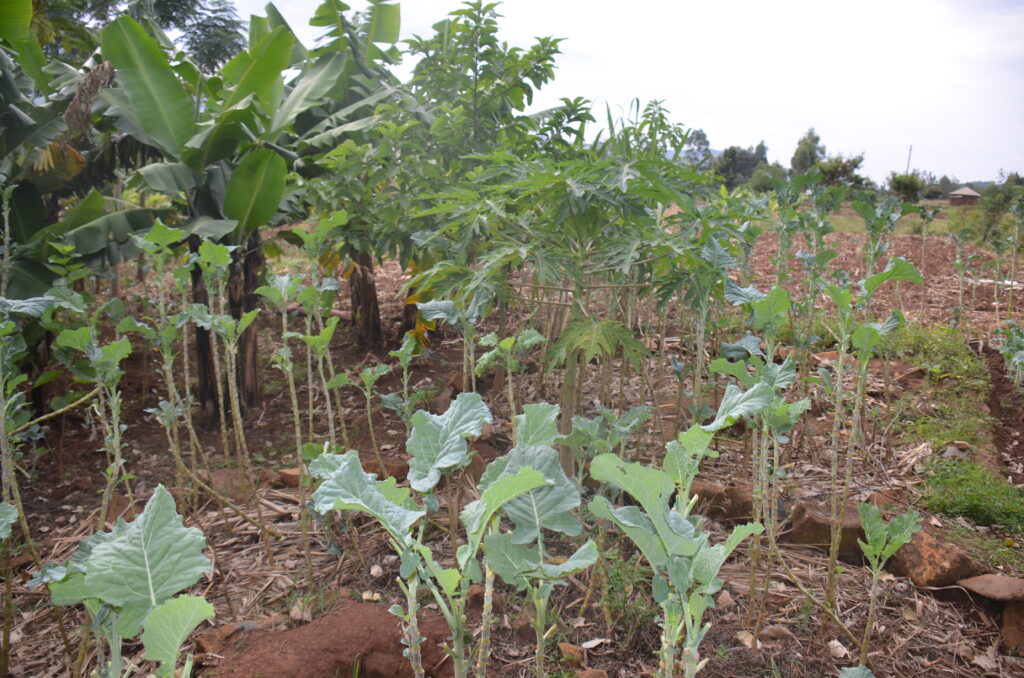
But what she said inspired her most was the resilience of the women in the group whom she says were doing well.
Now a member of the group, she has leased a small farm from one of her group members where she grows vegetables.
“Through the support from this group, I am finally in control of my life and my health,” says Celine.
Support from Government
The group has received training support from county government officials through the Department of Agriculture.
Selected member representatives were provided with training on various modern farming techniques.
Similarly, they were given support in buying farming inputs like seeds to expand crop production.
“We received an invitation from the county through the Kenya Agricultural and Livestock research organisation (KALRO),” says Mary.
“It came as a surprise because we were just doing farming on a small scale, luckily field officers noted our little efforts.”
The knowledge acquired has enabled them to grow vegetables, fruits and other food crops on a large scale.
In addition, to providing food supplies for them and their families, the sale of surplus farm produce has helped the women raise funds to support their young families thus giving them financial independence.
Through the income generated from farming, the group has also ventured into table banking -a system where members make regular contributions on a daily, weekly or monthly basis for savings and loans.
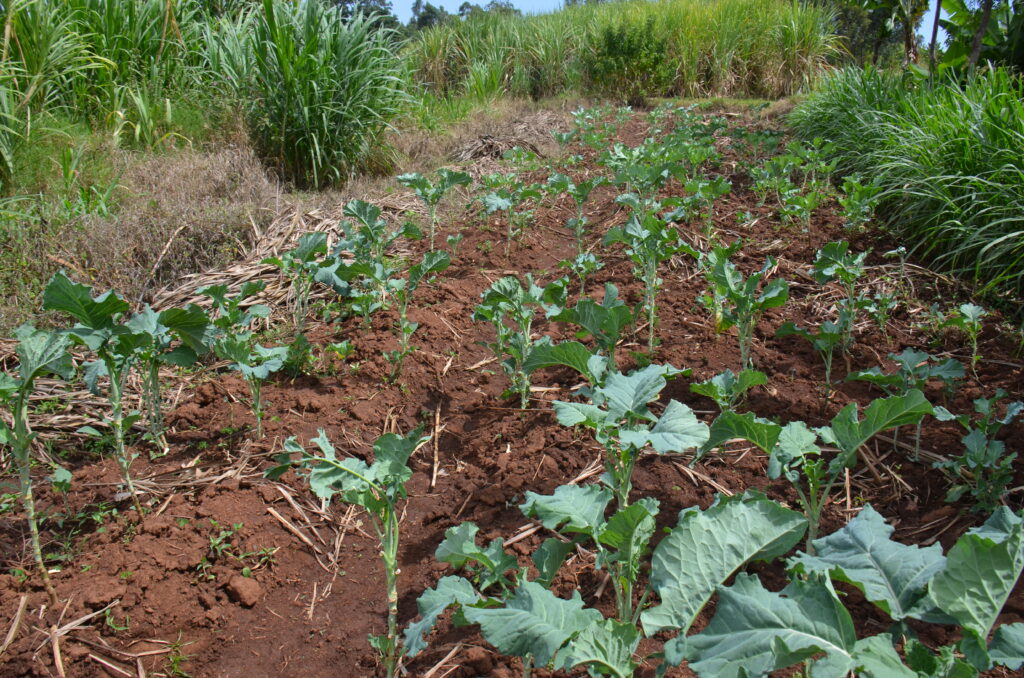
Table Banking
Each Nyasoko member contributes Sh500 every monthly sitting for the table banking initiative which they invest as a saving scheme.
Contributions have been made easy since they meet weekly after the sale of farm produce.
However, if a member misses to contribute, they are often given an allowance of three days before a penalty of Sh50 is placed on them.
This ensures no member drops off the saving scheme and similarly imposes a saving discipline.
Nyasoko women group has also received training from a local microfinance institution on table banking which has enabled them to save and lend money to each other at low-interest rates.
For every Sh1, 000 a member borrows from the group, it attracts an interest of Sh100 monthly. This, sums to a 10% interest.
Additionally, every new member pays a registration fee of Sh1, 000 paid in four instalments depending on the new member’s capability.
The fee is in turn used to open a new member’s bank account where their loans are processed.
With these loans, some members were able to start small businesses. Mary opened a vending shop for vegetables on a plot of land she rented by the roadside.
“Table banking has been a lifeline for me and my children. It has allowed me to start my own business,” lighted Mary shares. “It is amazing what we can accomplish when we pool our resources and support one another.”
Forging a new path
However, for Josephine (not her real name), the loan she received from table banking enabled her to purchase a small piece of land.
Although she was not chased from her home she chose to leave due to the hostility of her in-laws.
“After my husband passed, I refused to be inherited which angered my in-laws,” says Josephine.
“My in-laws did not tell me to leave, but they were very hostile. They distanced themselves from me and my children.”
Josephine narrated that she lived on an island with no relative wanting anything to do with her.
Additionally, her mother-in-law accused her of practising sorcery which killed her elder son and husband immediately.
“Within a span of two years, I lost my son and husband consecutively. So when I refused to be inherited, my mother-in-law called me an angel of death and a witch,” she recounts.
Josephine also realised that her husband died of HIV and she did not want to spread the virus.
Left alone, she found solace in the group where her life has gained track.
Apart from Mary and Josephine, other members have been able to borrow money from their savings to send their children to school.
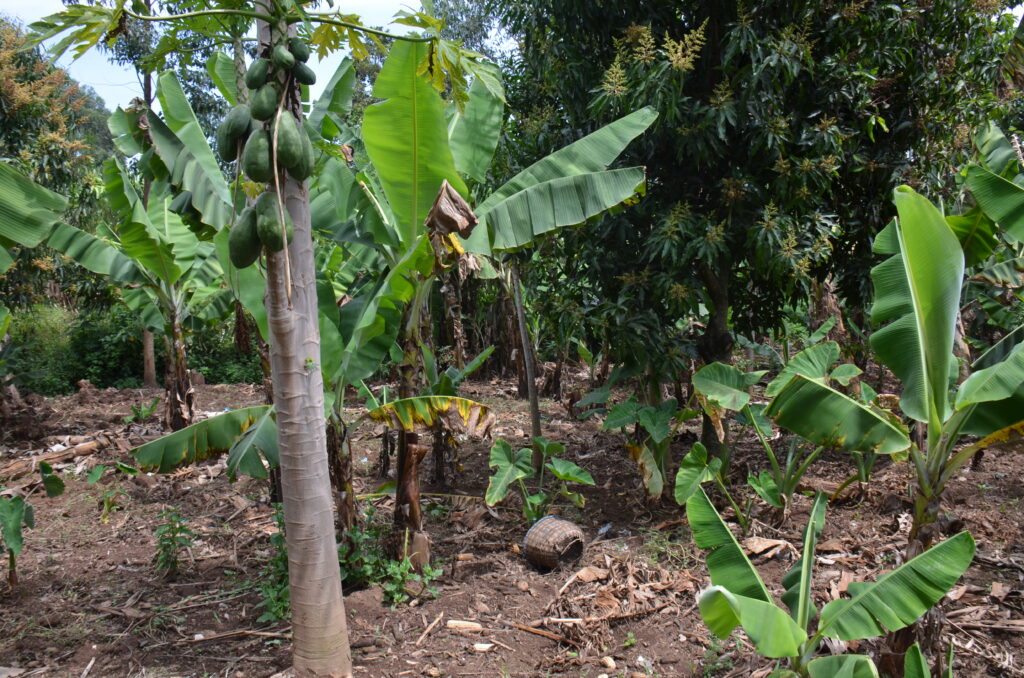
Challenges
The redemption journey for these women did not come without obstacles.
One of the biggest challenges they faced was the lack of access to land.
Land ownership is still largely a male-dominated affair in the Luo community, this limited their ability to grow crops and generate income.
Also, most of them faced criticism and threats from those who disapproved of their decision to reject wife inheritance.
Some community members also viewed their efforts with suspicion and accused them of witchcraft.
They had to overcome resistance from family members who believed that wife inheritance was necessary to preserve the family lineage.
Impact
Through their efforts, they have not only promoted economic empowerment and financial independence but also HIV prevention and awareness.
Their determination and resilience in the face of adversity serve as an inspiration to others and offer valuable lessons for anyone looking to effect change in their own lives and communities.
They credit their success to their shared values of hard work, perseverance, and mutual support.
“We are like sisters,” says Rose (not her real name), a group member.
“We work together, laugh together, and cry together. We are stronger together than we are alone.”

[…] This story was first published in Lake Region Bulletin. […]